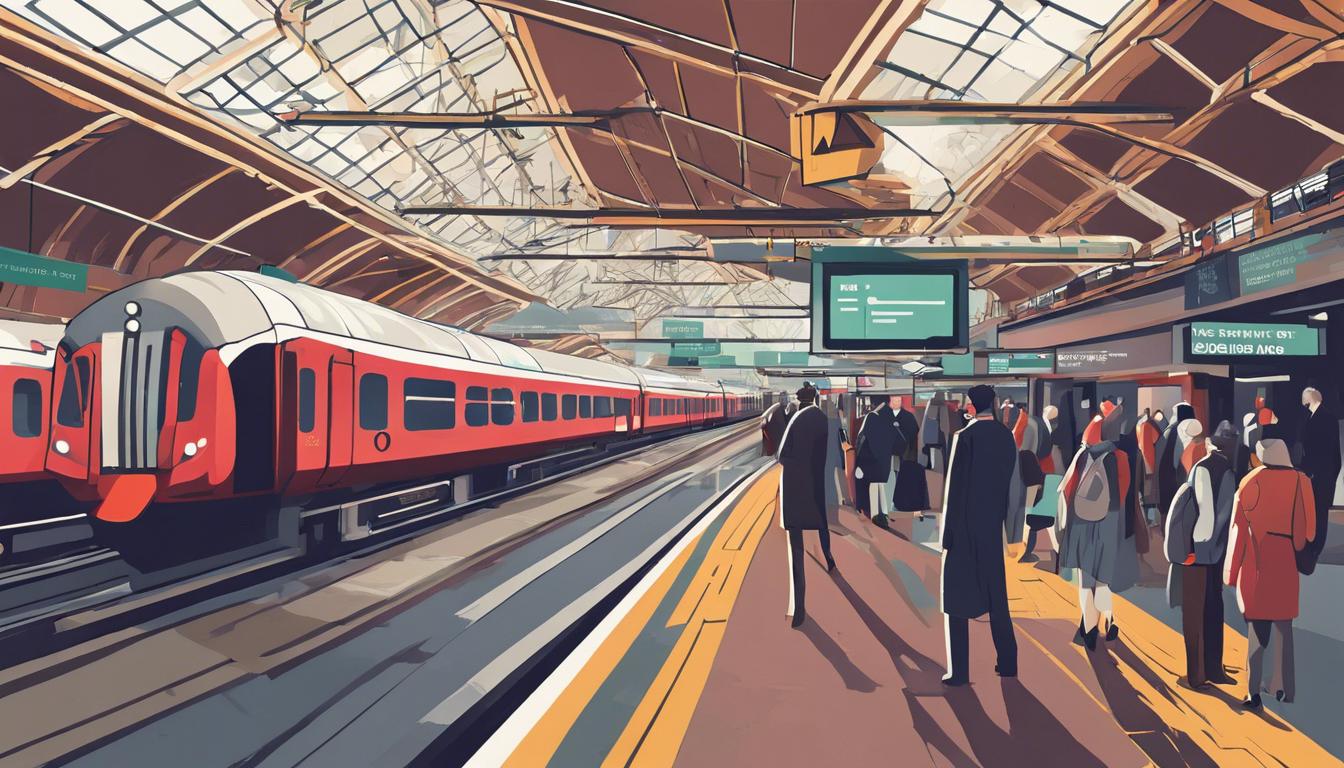Train services across the UK are facing significant disruptions due to a series of strikes by Aslef union members, with the dispute costing the industry over £2 billion and further strikes threatened.
Train services across the United Kingdom have been significantly disrupted due to a series of strikes by train drivers affiliated with the Aslef union, marking the third strike in four days amidst an ongoing pay dispute. The industrial action notably affected commuters travelling into London, with major train operators such as c2c, Gatwick Express, Greater Anglia, Southeastern, Southern, South Western Railway, Great Northern, and Thameslink experiencing substantial service reductions. Aslef has warned of more strikes to come, with the union’s general secretary, Mick Whelan, indicating that April’s strikes would not be the last.
The strikes have caused considerable financial impact, costing the railway industry over £2 billion, a figure that the union claims far exceeds the cost of settling the dispute. In the midst of these disruptions, National Express has provided thousands of extra coach seats to help accommodate those seeking alternate means of transportation.
Adding to the commuter chaos in London, a trespasser at Tottenham Hale station further disrupted Greater Anglia services. This incident occurred concurrently with the strikes, aggravating travel disruptions across East Anglia and the South East.
Efforts to resolve the near two-year-long dispute have been hindered by a lack of negotiations, according to Aslef’s general secretary, Mick Whelan. He has publicly expressed frustration with the standoff, emphasizing the union’s willingness to resolve the conflict but critiquing the lack of initiative from rail authorities and the government in engaging in meaningful dialogue. Aslef is seeking pay rises for its members, who have not seen an increase in five years, despite the profits reported by private rail companies.
While some rail operators are set to enter negotiations with Aslef regarding future pay levels, further strikes could be on the horizon, potentially extending the duration and impact of the ongoing disruptions. As the situation develops, both the Rail Delivery Group and the union express a willingness to resolve the dispute, albeit amidst challenging negotiations and complex economic considerations.













